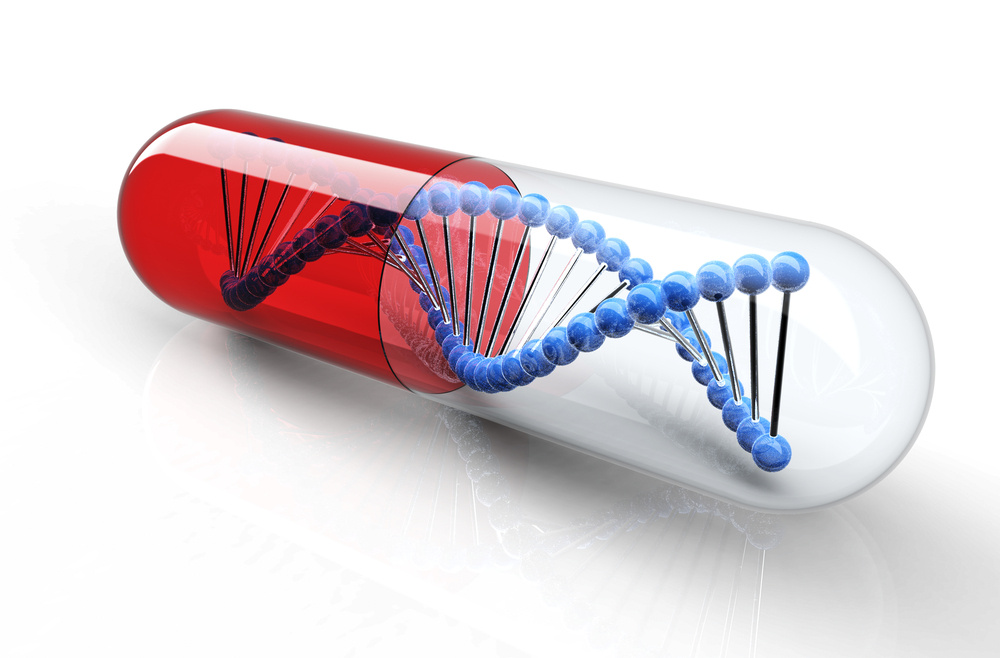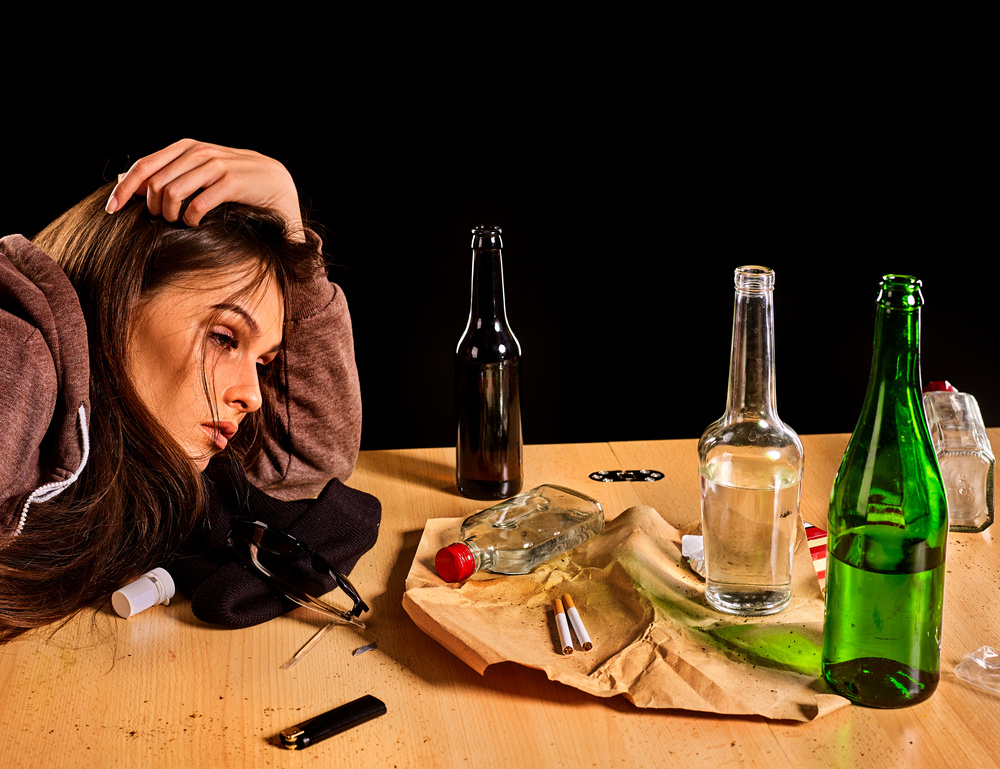Intimacy and Addiction
The Merriam-Webster Dictionary defines addiction as “a compulsive, chronic, physiological or psychological need for a habit-forming substance, behavior, or activity having harmful physical, psychological, or social effects and typically causing well-defined symptoms (such as anxiety, irritability, tremors, or nausea) upon withdrawal or abstinence.” Addiction, clinically known as substance use disorder is listed in the Diagnostic and Statistical Manual of Mental Disorders, Fifth Edition (DSM-5) as a chronic brain disorder. It is characterized by compulsively engaging in rewarding stimuli without regard for consequence. An individual that struggles with addiction will prioritize satisfying her drug craving above all else. This will affect all areas of one’s life and can lead to damaged relationships, financial strain, legal complications, and a slew of adverse health consequences.
Addiction encourages the development and reinforcement of harmful patterns and behaviors that corrode relationships. The nature of this disease is all-encompassing, and therefore individuals struggling with active addiction are inherently unable to achieve authentic intimacy with others. Verywell Mind explains that “intimacy refers to the ability to genuinely share your true self with another person and relates to the experience of closeness and connections.” Intimacy is not limited to romantic partnerships but rather speaks to necessary elements of any close friendship, family tie, or partnership (e.g., closeness, vulnerability, familiarity, trust, etc.). Individuals that have struggled with addiction will have to re-learn how to prioritize relationships and other areas of life as they progress through the recovery process.
Treatment
Every individual is unique and will have nuanced needs when it comes to substance abuse and/ or addiction treatment. Many treatment programs create tailored treatment plans that are customized and informed by each person’s distinct needs. Treatment plans can consist of a variety of therapeutic modalities such as talk therapy, cognitive behavioral therapy (CBT), family therapy, couples therapy, and dialectical behavior therapy (DBT). Depending on the needs of the individual, her treatment plan could also include expressive arts therapies as well as focusing on a variety of self-care practices and the development of healthy daily habits, including maintaining a nutritious diet, engaging in regular exercise, obtaining ample nightly sleep, and integrating relaxation tools (e.g., yoga, meditation, etc.). An effective treatment program will work with an individual to develop a plan that addresses all issues pertaining to her addiction and actively strives to reverse its adverse effects.
For Information and Support
Substance abuse and addiction can be incredibly dangerous and can result in severe short and long-term consequences. If you or someone you know is suffering from substance abuse or addiction, please get help as soon as possible. The earlier you seek support, the sooner you and your loved ones can return to leading happy, healthy, and fulfilling lives. There is no reason to go through this alone, and we are here to help. Please feel free to reach out to us for further information or with any questions regarding substance abuse or addiction. We are available anytime via telephone at: 213-389-9964, or you can always email us at: info@friendlyhousela.org.



